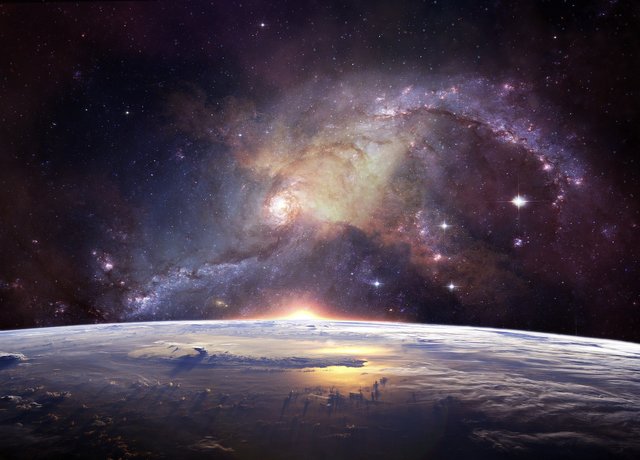What is space?
Space is a vast and fascinating expanse that has captivated the imaginations of humans for centuries. From the first observations of the stars and planets to the incredible achievements of modern space exploration, the study of space has revealed countless secrets and inspired countless dreams. In this blog, we will explore some of the key aspects of space, from its vastness and complexity to the incredible technologies that enable us to explore it.
First and foremost, space is big. Really, really big. The observable universe is estimated to be around 93 billion light-years in diameter, and contains billions of galaxies, each with billions of stars and planets. Even our own solar system, which is relatively small compared to some of the other systems in the universe, is still vast beyond comprehension. The distance from the Earth to the sun, for example, is around 93 million miles - a distance that is difficult for most of us to even imagine.
Despite its vastness, space is also incredibly complex. From the behavior of subatomic particles to the movements of massive celestial bodies, the study of space requires a deep understanding of physics, chemistry, and mathematics. And yet, despite the incredible complexity of the universe, scientists have made remarkable progress in unraveling its mysteries. Through observations, experiments, and theoretical models, we have learned about the origins of the universe, the structure of galaxies, and the behavior of matter and energy on a cosmic scale.
One of the most exciting aspects of space is the incredible technologies that enable us to explore it. From the first telescopes to the latest rovers and probes, humans have developed a wide range of tools to observe and study the universe. In recent decades, the development of space technology has accelerated rapidly, allowing us to send astronauts to the moon, rovers to Mars, and probes to the far reaches of our solar system and beyond. These incredible feats of engineering and exploration have expanded our understanding of the universe and opened up new possibilities for discovery and innovation.
Of course, space exploration is not without its challenges. From the harsh conditions of space travel to the difficult and dangerous work of exploring other planets, astronauts and space scientists face a range of risks and obstacles in their work. However, the incredible achievements of the space program have also inspired generations of scientists, engineers, and innovators, and have helped to foster a sense of curiosity and wonder about the universe and our place within it.
In addition to its scientific and technological importance, space also holds a special place in our cultural imagination. From science fiction movies and books to the awe-inspiring images captured by telescopes and spacecraft, space has inspired countless works of art and literature, and has captured the hearts and minds of people around the world. Whether we are gazing up at the stars on a clear night or following the latest developments in space exploration, space holds a special place in our collective consciousness.
In conclusion, space is a vast and complex expanse that holds endless possibilities for exploration, discovery, and inspiration. From its enormous size and incredible complexity to the incredible technologies that enable us to study it, space offers a window into the mysteries of the universe and the potential of human achievement. Whether we are studying distant galaxies or exploring new planets, the study of space is a powerful reminder of the beauty and wonder of the world around us, and the limitless potential of human curiosity and ingenuity.





